What tech innovations are agrifoodtech startups most excited about as we head into 2025? To find out, foodtech editor Elaine Watson fired off a few emails to companies she’s covered on AgFunderNews this year (apologies if you weren’t contacted, next year we promise we’ll be more systematic 😉).
Unsurprisingly, AI was top of mind for many founders [disclosure, several of those below are portfolio companies of AgFunder, AgFunderNews‘ parent company], but it’s not the only thing on their list, which spans everything from robotics to advanced bioreactors for plant cell culture, personalized nutrition, and cell-free biomanufacturing systems.
Naveen Sikka, founder and CEO, Terviva: After a wave of important investments in what I’ll describe as ultra high-risk technologies (precision fermentation, CDR), we’re seeing corporates mostly retreating to innovative but practical ag technologies to make an immediate impact on their bottom lines. Net-net, I think this is good for the sector, and I’m particularly excited about developments in ag robotics for crops in emerging markets (palm, sugarcane) where there are pressures on margins and the need for improvements in quality and governance. These technologies can also extend to pongamia as we expand our planted acres in these regions.
Omer Davidi, cofounder and CEO, BeeHero: With the immense advancements in generative AI, we’re witnessing a transformation akin to how the iPhone revolutionized mobile phones. While it will take time to move past the initial hype and focus on practical applications, the real breakthrough lies in combining data harvesting through sensors with AI-driven decision-making tools, an evolution I’m especially excited about in agriculture and beyond.
Dr. Steve Meller, cofounder and CEO, CH4 Global: One of the things that will be useful in our field is the emerging ability of methane satellites to measure herds of cows in the field. While not quite there yet, it could be soon. It’s difficult to measure in the field without some viable platform, so this could be a game changer. Outside of our field, the dynamics of the evolution of alt proteins and consumer perception is an emerging area that’s going to have wider impact.
Nusqe Spanton, founder and CEO, Provectus Algae: AI will have the single biggest impact on the discovery and production of biologics, particularly for the ability to utilize proprietary biological data sets. This will connect previously unrecognized opportunities with commercial applications, enabling firms to develop and scale those opportunities into real world solutions.
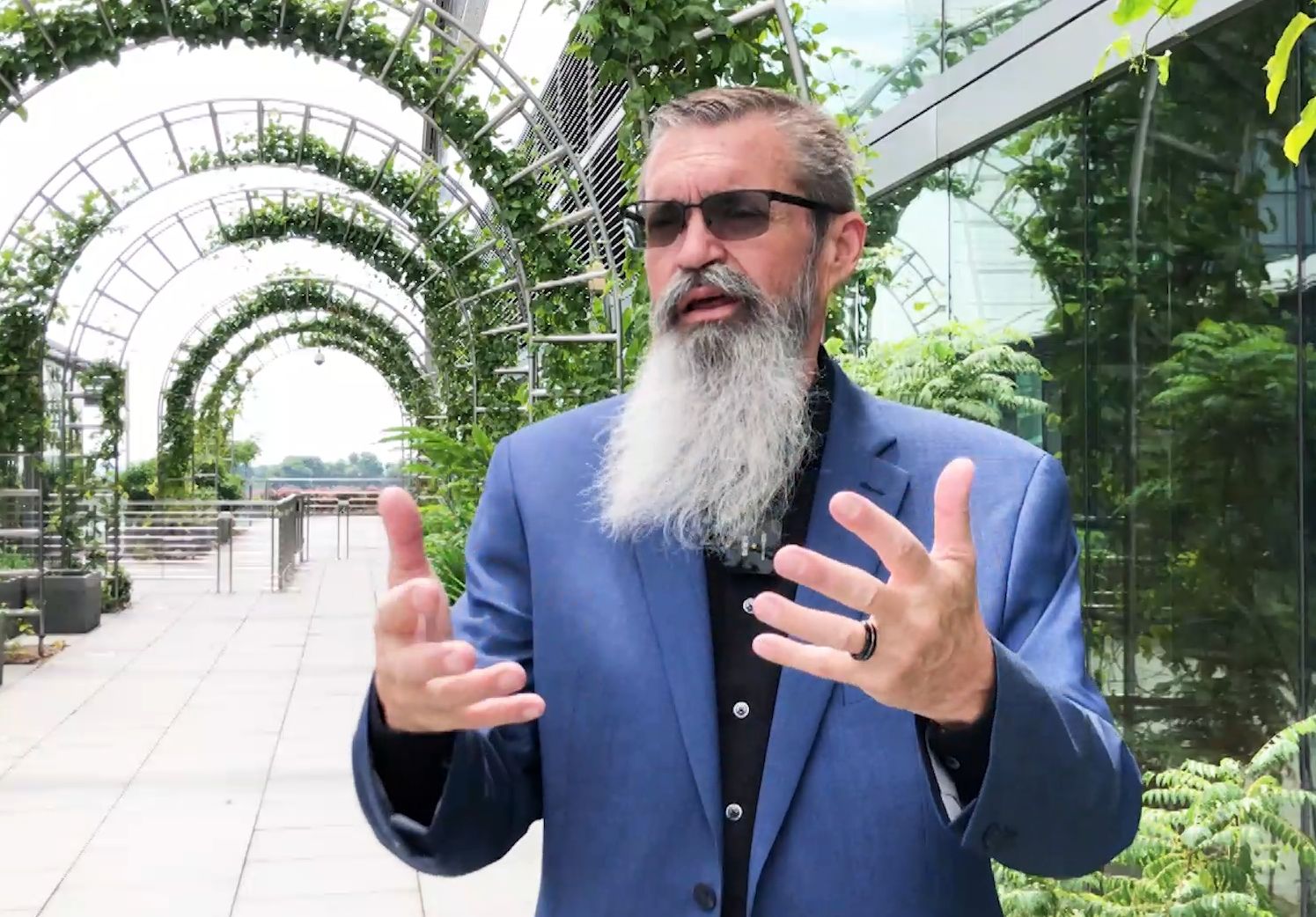
Paul Shapiro, cofounder and CEO, The Better Meat Co: I’m particularly encouraged by the ability to use AI to accelerate advancements in fermentation-derived proteins, such as increasing mycelial biomass, conversion rates, and growth rates. Such advancements can help bring down cost and make rates of return even more attractive for foodtech investors.
Dr. Jason Prapas, founder and CEO, FYTO: I’m excited about the cost and capability breakthroughs that are enabling important machines to work more sustainably. In nearly every major industry, vehicles and machines are being overhauled or designed from the ground up to do more with lower emissions and operating costs; the green revolution of hardware has arrived.
Louise Parlons Bentata, cofounder and CEO, Bluemethane: I’m excited about the convergence of AI and machine learning with environmental monitoring, enabling real-time decision-making and optimization in sustainability efforts. I’m also excited by the rise of decentralized energy systems and technologies to harness methane as a resource rather than a liability.
Magi Richani, founder and CEO, Alpine Bio: I believe we’re only beginning to tap into the potential of plants to produce our most essential and valuable ingredients. The possibilities are endless. Molecular farming not only has the capacity to produce functional proteins at price parity, but could eventually become the most cost-effective engine for protein production across food, industrial, and pharmaceutical applications.

Jason Rosenberg, head of business development, Remilk: As core technologies for animal-free food production, notably precision fermentation, reach higher efficiencies and maturity by 2025, I believe there will be an increased focus on complementary, enabling technologies. Advanced bioreactor designs will optimize fermentation processes, boosting scalability and reducing resource consumption. Improved sustainability assessment and enablement tools will allow companies to further improve in this regard as well and accelerate the transition to a more sustainable food system.
Stephan van Sint Fiet, CEO, Vivici: I’m excited about the accelerated innovation in the fermentation technology space. We are seeing smarter equipment designs, feedstock innovations, more efficient fermentation and DSP [downstream processing] protocols and new strain engineering methods that collectively will create a step-change in unit economics, thereby enabling proteins from fermentation to become mainstream ingredients.
John Diener, cofounder and CEO, Vertical Oceans: I’m most excited about the pace of development of faster and more capable edge computing combined with increasingly efficient and powerful algorithms creates new possibilities for automation and optimization.
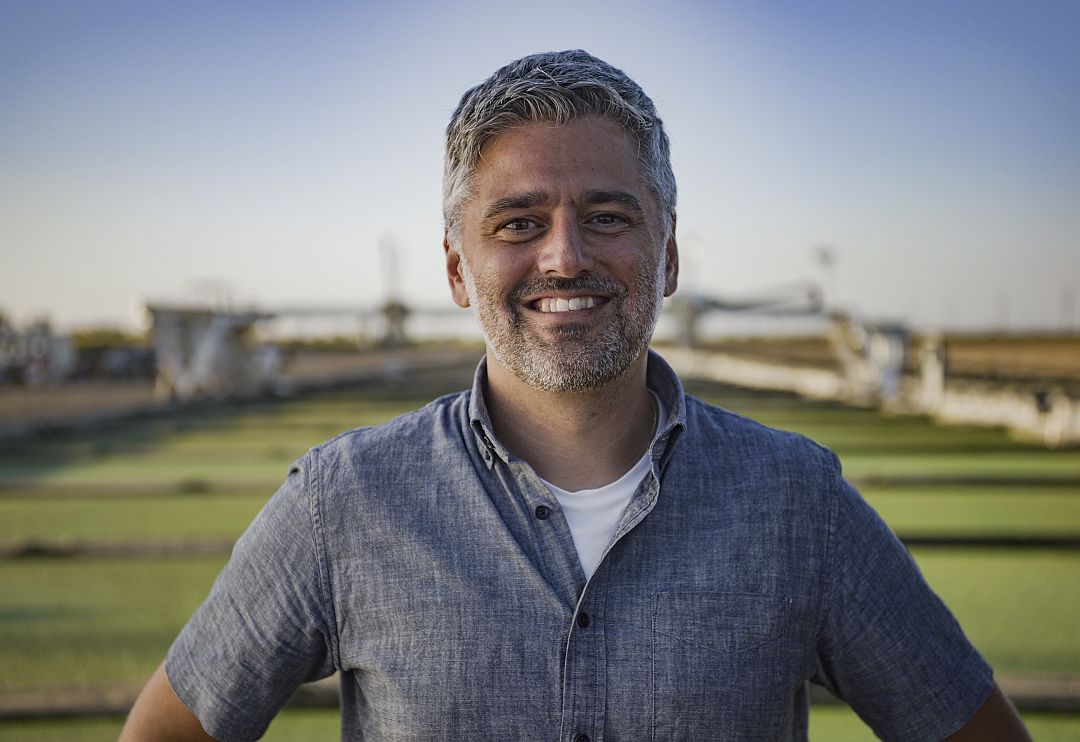
Alan Perlstein, founder and CEO, California Cultured: Broadly speaking, we’re excited about the impact of robotics and automation in the field. For our company specifically, we’re very excited about the new class of bioreactor technology that we’re developing that can be produced at ultra-low costs.
Etienne Vassiliadis, cofounder and CEO, Vivagran: I am most excited about AI in crop breeding and optimization: The integration of AI and machine learning into crop breeding holds immense potential. By analyzing genetic data, environmental factors, and yield patterns, we can fast-track the development of more resilient and nutrient-rich Tritordeum varieties tailored to diverse growing conditions. I’m also excited about blockchain for traceability and biorefinery Innovations. Tritordeum’s versatility makes it a candidate for biorefineries, where its byproducts could be used in biofuels, packaging materials, or even cosmetics, aligning with the circular economy.
Dr. Amit Kumar, cofounder and CEO, BioDefense: We believe AI is poised to transform food systems enhancing efficiency and sustainability across the value chain, while blockchain is set to redefine transparency and trust by empowering consumers with accurate and reliable information. Advances in synthetic biology are equally exciting, particularly in enabling the production of high-value ingredients.
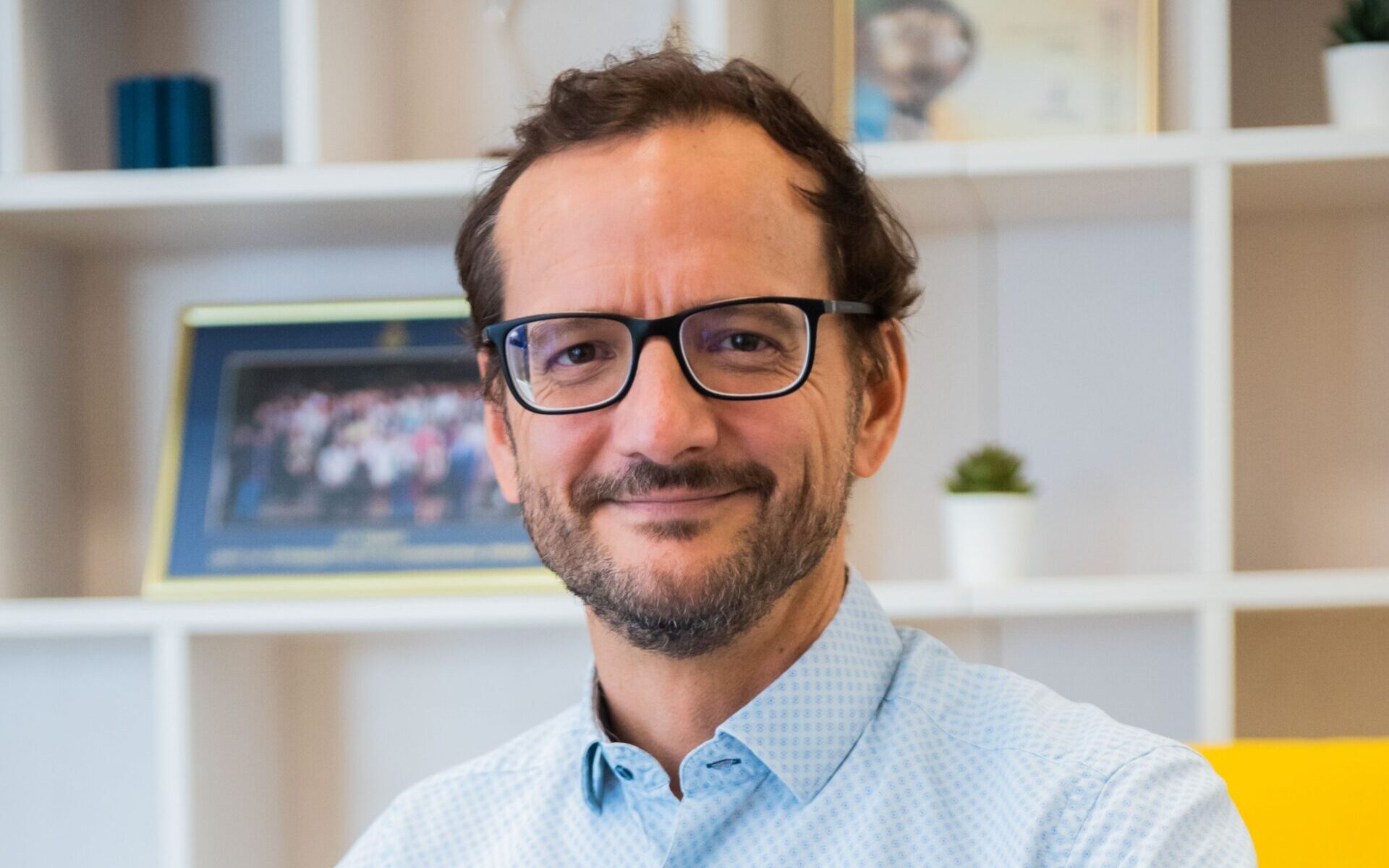
Frank Jaksch, CEO, Ayana Bio: Consumer interest in GLP-1 drugs shows no sign of slowing down next year, and I anticipate the food, beverage, and supplement industry to tailor its products to support these newfound health goals and consumer consciousness over the food they eat. In 2025, I’m most excited to see plant cell cultivation be used as a new tool for controlling the incorporation of health-beneficial bioactives and nutrient-dense ingredients in GLP-1 diets.
Ultra-processed foods are already faced with increased scrutiny, and RFK Jr. might intensify these efforts by imposing strict guidelines or regulations. While banning UPFs seems impractical, given they are a necessary evil, a more optimistic outlook is seeing UPFs enhanced with health-beneficial bioactives and nutrients. This shift offers a major opportunity for innovation and growth in the coming years.
Dr. Gabe Sibley, cofounder, Verdant Robotics: I’m excited about how AI-driven precision and robotics are allowing us to deliver inputs exactly where they’re needed, right down to the individual plant. With our Sharpshooter’s ‘aim before you apply’ approach, growers are seeing a one-year ROI while significantly cutting both input and labor costs. As we head into 2025 and beyond, this level of targeted efficiency stands to make farming more profitable, sustainable, and efficient.
Marc Bolard, cofounder, Nasekomo: I believe we are on the brink of a transformative era for food and agriculture, powered by the convergence of biology, AI, and advanced robotics. For instance, through our Fly Genetics program, developed in collaboration with Groupe Grimaud, our larvae benefit from advanced genetic selection aiming at enhancing growth rates, feed conversion efficiency, and overall resilience. Our collaboration with Siemens has in turn demonstrated how data-driven automation can transform complex biological systems into scalable and efficient operations. It’s this combination of cutting-edge technology with natural processes that excites me most as they are not only suitable for Nasekomo but can also be adapted for other agricultural applications.
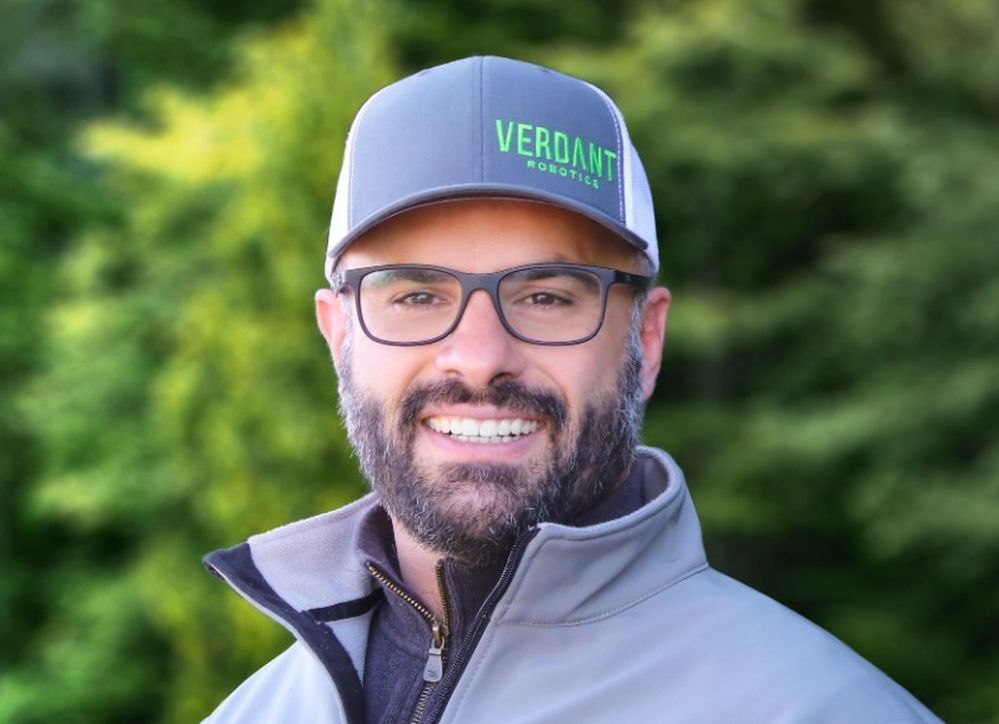
Tal Govrin, cofounder and CEO, Kokomodo: The technologies I am most excited about are the recent developments in personalized nutrition combined with plant cellular agriculture, as both seek to revolutionize food production and health. Personalized nutrition focuses on tailoring dietary choices to individual health needs, while plant cellular agriculture offers a method to produce customized, nutrient-rich foods. Plants cellular agriculture can precisely generate bioactive compounds, vitamins, and antioxidants, aligning with personalized nutrition goals. This synergy allows for the creation of foods that meet specific nutritional requirements while also reducing environmental effects.
Christie Lagally, founder and CEO, Rebellyous Foods: I’m most excited about Rebellyous’ new Mock 2, our automated, fully continuous production system to produce nearly any recipe of plant-based meat substrate and which gives us the ability to make plant-based meat at considerably lower manufacturing costs vs. facilities using off-the-shelf meat processing equipment. Likewise, I’m excited by the work of Alpine Bio to produce casein for cheese production in US-grown soybeans and the production scale up of the Better Meat Co’s whole-foods protein, Rhiza. The singular thread with our three efforts is that we are scaling to bring affordable alt-proteins to the masses.

Somsubhra Gan Choudhuri, cofounder and CEO, Ai Palette: Generative AI, which is at the heart of Ai Palette, is slashing time-to-market by enabling real-time product ideation and testing, while digital twins revolutionize R&D by simulating formulations without physical trials, reducing waste and enhancing efficiency. The next generation of Gen AI will be smarter and more bias-free with minimal errors.
Dr. Yuval Gilad, cofounder and CEO, FreezeM: I’m optimistic that 2025 will be a turning point for the insect farming industry, driven by technologies like AI-based feed recipe platforms for Black Soldier Fly (BSF) rearing. While many players claim to focus on waste management, most still rely on costly industrial residual streams better suited for direct animal feed. AI platforms can optimize BSF diets by analyzing diverse waste streams and predicting growth performance and product quality (e.g., insect meal, oil, or fertilizer), which is critical for achieving insect meal price parity with fishmeal, essential to driving insect products’ large-scale adoption.
Max Jamilly, cofounder and CEO, Hoxton Farms: Seed oils used in cooking and snack foods will fuel the next public nutrition scare in 2025. Consumers will favor animal fats over plant oils, seeking out products high in omega-3 and low in omega-6.

Jim Laird, CEO, ENOUGH Foods: As robust LCAs become both more established and accepted, their influence on how companies look at their ESG commitments could really disrupt the protein and food sector and energize a change which at this stage remains too slow.
Dr. Greg Wanger, founder and CEO, Oberland Agriscience: I’m looking forward to merging biology, in the form of BSFL, with modern innovation, such as AI, robotics, and tech, to nurture Oberland’s growth and create solutions that advance and sustain the insect farming industry. Research is just beginning to scratch the surface of bioprospecting and functional molecules.
Ricky Cassini, cofounder and CEO, Michroma: One of the most exciting developments is the increasing convergence of regulatory and consumer trends. As governments begin phasing out artificial dyes, the demand for natural, high-performance colorants is driving innovations like ours at Michroma. RFK Jr’s stance on eliminating artificial additives could accelerate industry adoption of biotech-based solutions.
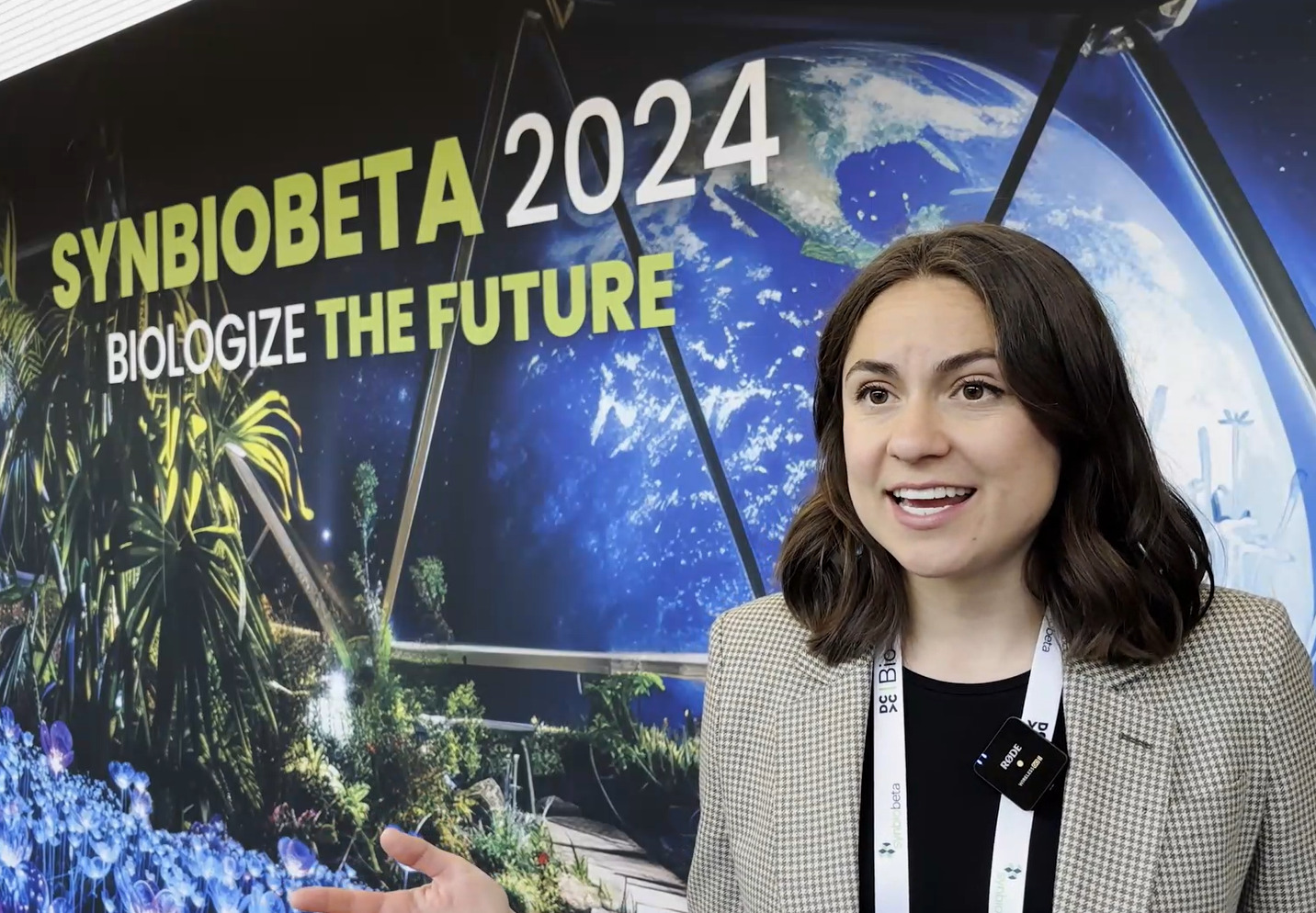
Michelle Ruiz, cofounder and CEO, Hyfé: I am most excited about technologies that are working towards decreasing the cost of biomanufacturing. I am excited to observe Solugen’s scale-up of cell-free systems, for example, because it would allow us to convert sugars to petrochemical replacements without living cells and high capex. I am also excited to see LanzaTech continue to grow and gain commercial traction because they are paving the way for waste to molecules companies, like ours. I am also excited to see more food and ag companies ask how they can pull more value from their waste outside of animal feed. I think it’s opening up opportunities for food and ag companies to expand to lucrative markets that diversify revenue.
Robin Simsa, CEO, Revo Foods: I am very interested in the next stage of animal-free foods. While there is a market to make alternatives for chicken, beef etc., I believe we will see more products with a unique new flavor profile that do not seek the comparison with an animal-based product but rather provide a whole new experience by itself.
Dr. Michael Kagan, cofounder, ReaGenics: AI presents an incredible opportunity to speed up the development cycle to bring new plant-based products to market.
Dr Tzvi Grisha Zvirin, cofounder and CEO, BioArmix: I envision biopesticides as the frontrunner of the future, paired with AI-driven real-time disease management tools, because traditional pesticides are no longer viable due to their harm to human health and the environment. This shift will rapidly usher in a new era of plant protection practices.

Rajat Bhageria, founder and CEO, Chef Robotics: I think recent advancements in AI have really unlocked robotics. Previously, it took quite a lot of time to teach a robot new tasks, or in our case ingredients. And now the recent advances in transformer-enabled imitation learning have really unlocked the speed of onboarding new tasks. Especially combined with production data from the field, these modern advancements in AI are a big unlock.
Amos Golan, founder and CEO, Chunk Foods: I’m excited to see the whole-cut sector maturing, with a stronger focus on competitive unit economics and scalability, as well as quality ingredients and flavor, which are key to long-term success.
Ankit Alok Bagaria, cofounder and CEO, Loopworm: Advanced bio-manufacturing processes to convert insects into value added products, targeting applications beyond animal feed and pet food will help Loopworm and other insect protein companies globally to boost sales and improve profitability.
Jonathan Goshen, cofounder and CEO, Yeap: Searching for a less processed and clean label end products by customers direct us to an intensive search for more design / changed proteins to obtain desired functionality or properties in a cost-effective way – that may be obtained by AI or synthetic biology.
Jeff Tripician, CEO, Meatable: Our opti-ox technology is a game-changer, and we have big plans for its application in 2025. This cutting-edge innovation enables the efficient and scalable production of our planet-friendly meat. As we launch partnerships with meat companies worldwide, we’re excited to demonstrate how our technology is helping to transform food production and drive a more sustainable future.





